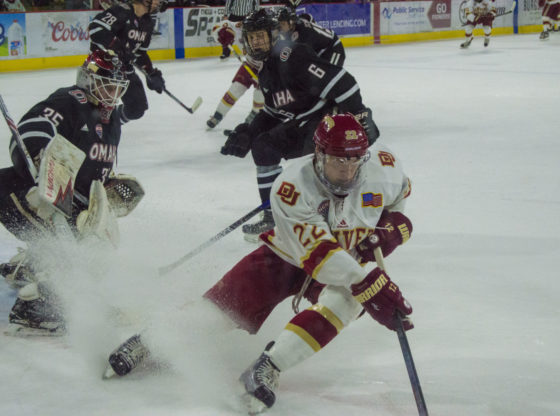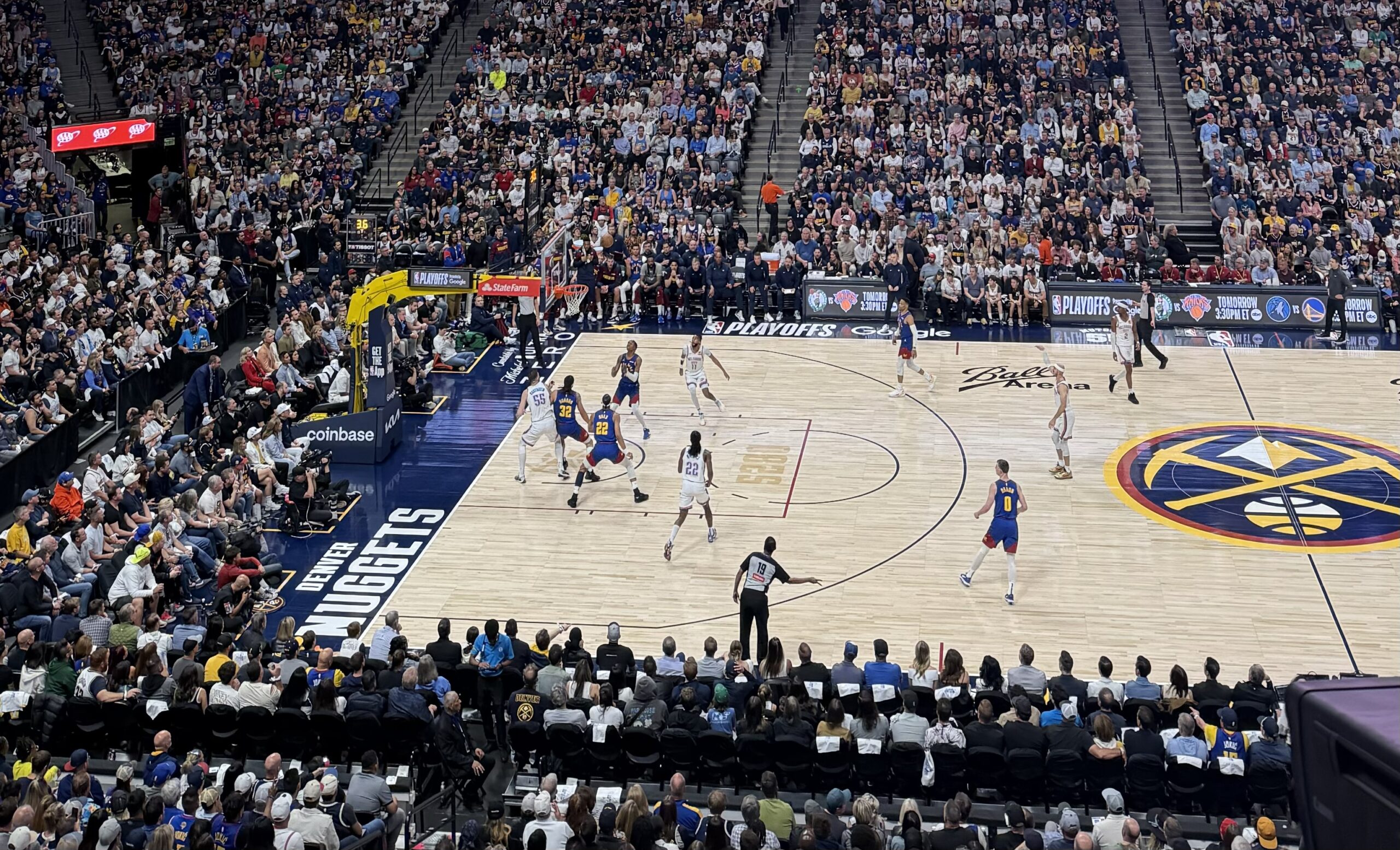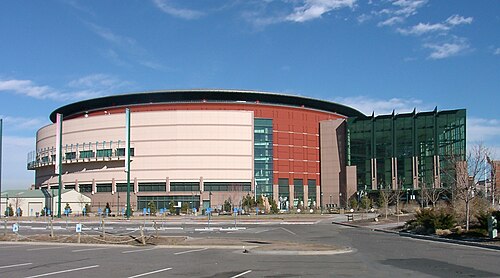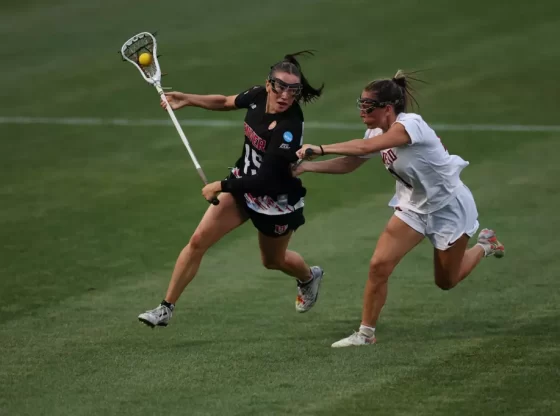Named as a finalist for the NBA’s Most Improved Player Award on May 19, Denver Nuggets center Nikola Jokic has enjoyed a breakout 2017 and emerged as the elusive superstar building block missing in Denver since the departure of Carmelo Anthony in 2011.
A 6-foot-10 Serbian center with deft playmaking ability, the 22-year-old Jokic posted season averages in 2016-17 of 16.7 points per game, 9.8 rebounds per game and 4.9 assists per game on only 27.9 minutes a night. Despite the NBA trending away from dominant big men and instead emphasizing small-ball, three-point shooting lineups led by dynamo guards, Denver found success running their offense through the crafty Serbian.
Jokic became the first center since the NBA-ABA Merger to record six triple-doubles in a season. His versatility is uncanny, as he doesn’t possess the typical ultra-athletic toolkit that most NBA stars rely upon. Instead, Jokic uses his elevated basketball IQ to set up his teammates for wide-open shots. Often receiving the ball at the top of the key, he is able to distribute the ball through both pick-and-rolls and teammates cutting to the basket.
“He’s such a unique offensive player. He allowed us to play such an atypical brand of basketball, and with that came a league-leading offense,” Nuggets General Manager Tim Connelly told reporters.
He also possesses a decent jump shot, having shot 32.4 percent from the three point line on 139 attempts and 51.4 percent from mid-range. He has great dribbling skills for his size, as well as effective moves when working out of the post.
“I improved on last year. I want to get back and make next year [2017-18] better than this year [2016-17]. So I’m going to do whatever in the offseason that I need to do,” Jokic told reporters in his exit interview.
Not being one of the tallest or athletic centers in the game has prevented Jokic from being a rim protector on the defensive end. As of March 12, Jokic ranked 87th out of 95 qualifying players in opponent field goal percentage in the paint (57.4 percent).
The tough task ahead of Connelly is to maximize the lineup around Jokic by providing both efficient scorers who can slash and receive passes, as well as players who can help mask Jokic’s defensive struggles.
The Nuggets may already have their two guards of the future in Gary Harris and Jamal Murray. Harris is an excellent two-way player at shooting guard, while Murray, though still raw, has the mechanics and positioning skills to become one of the league’s great shooters. Both give Jokic effective teammates for pick-and-rolls and spot up shooting targets.
The top priority for Denver will likely be to find a high-quality power forward. Offseason targets could include Serge Ibaka, Paul Millsap and Patrick Patterson, all of whom provide a steadying two-way presence but won’t be easy to woo or come cheap.
In a league dominated by super stars, the Nuggets managed to miraculously unearth one in the second round of the NBA draft. Jokic’s easy-going personality and affinity for helping his teammates on the basketball court could help attract other world-class players to the lower-profile basketball town of Denver and help the Nuggets return to the playoffs for the first time since 2013.










